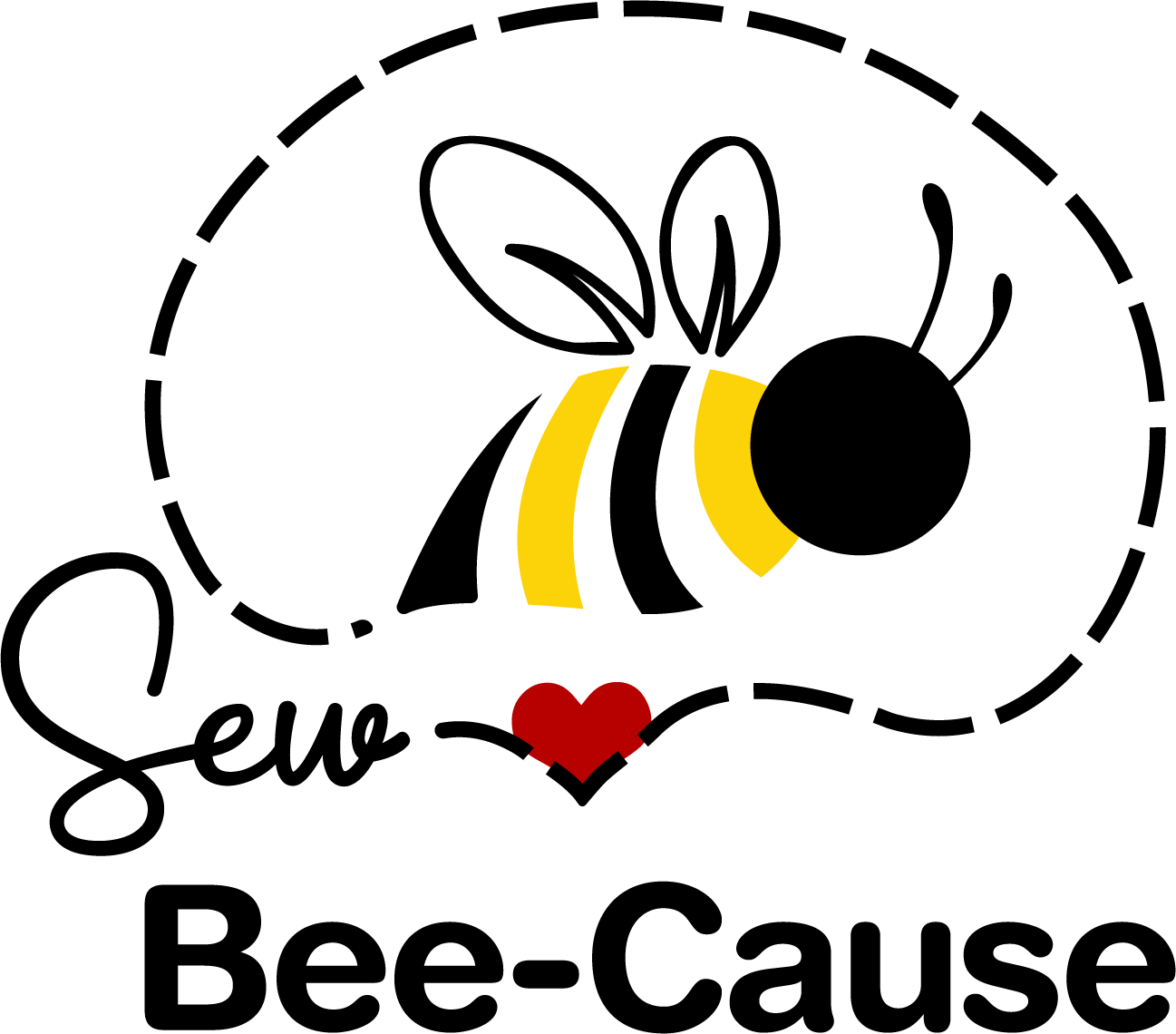The Importance of Effective Communication
Effective communication is a vital skill that plays a crucial role in both personal and professional relationships. It involves the exchange of information, ideas, thoughts, and emotions, allowing individuals to understand and connect with one another. Whether it’s verbal or non-verbal, written or spoken, communication is the foundation of human interaction.
Building Strong Relationships
One of the key benefits of effective communication is the ability to build strong relationships. When individuals can express themselves clearly and listen actively, it fosters trust, understanding, and empathy. Effective communication helps to resolve conflicts, prevent misunderstandings, and strengthen bonds. It allows people to connect on a deeper level and form meaningful connections.
In a professional setting, effective communication is essential for collaboration and teamwork. It enables colleagues to work together efficiently, share ideas, and achieve common goals. When team members communicate effectively, they can avoid conflicts, enhance productivity, and create a positive work environment.
Enhancing Personal Development
Effective communication is not only beneficial for relationships but also for personal development. By improving communication skills, individuals can express their thoughts and ideas more clearly and confidently. This leads to increased self-awareness, self-expression, and personal growth.
Good communication skills are particularly important in leadership roles. Leaders who can communicate effectively inspire and motivate their teams, provide clear direction, and foster a positive work culture. They are able to articulate their vision, listen to feedback, and adapt their communication style to different audiences.
Overcoming Barriers to Communication
While effective communication is essential, there are several barriers that can hinder the process. These barriers include language barriers, cultural differences, lack of attention, and emotional barriers. It is important to be aware of these barriers and take steps to overcome them.
Active listening is a key component of effective communication. It involves fully concentrating on the speaker, understanding their message, and responding appropriately. By being present and engaged in the conversation, individuals can overcome distractions and improve their listening skills.
Another way to overcome communication barriers is through empathy and understanding. Being aware of different cultural norms and perspectives helps to bridge the gap and promote effective communication across diverse groups.
Conclusion
Effective communication is a fundamental skill that is essential for building strong relationships, enhancing personal development, and overcoming barriers. By improving communication skills, individuals can connect with others, foster collaboration, and achieve success in both their personal and professional lives. It is a skill that should be continuously developed and nurtured to ensure effective and meaningful communication.



